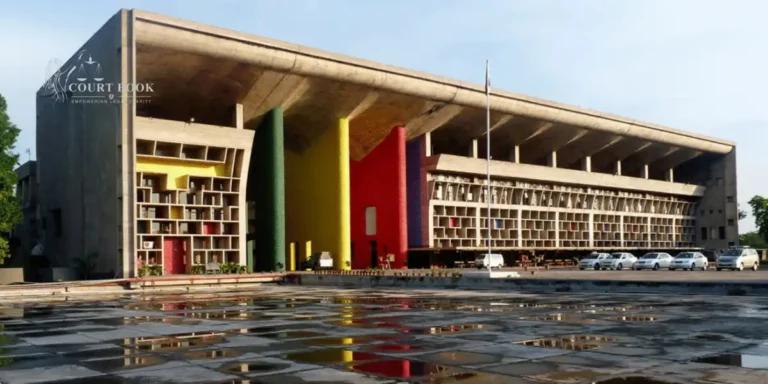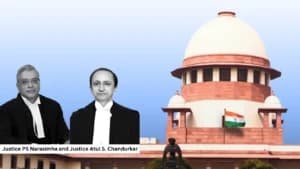The Punjab & Haryana High Court recently delivered a crucial ruling emphasizing the protection of the fundamental right to trade and practice a profession under Article 19(1)(g) of the Indian Constitution. The case revolved around the relocation of a hospital from a residential area, citing increased traffic concerns as a primary reason. The Court firmly held that removing the hospital on such grounds would be unjustified, especially when a multi-level parking facility was already planned to address traffic congestion.
Judicial Observations and Findings
A division bench comprising Justice Sureshwar Thakur and Justice Vikas Suri underscored the importance of constitutional rights in their ruling. They stated:
Read Also:- RTI Act Cannot Be Used to Harass: Punjab & Haryana High Court
"The respondent is running a hospital under the name of Alchemist Hospital at the relevant site, where an augmented infrastructure is being added. The right to practice business and profession cannot be curtailed through the instant writ petition unless there is demonstrable palpable prejudice to the incorporeal rights of the petitioners."
The Court emphasized that mere apprehensions regarding traffic congestion could not serve as a legitimate reason to restrict the operation of a healthcare institution. The planned multi-level parking facility was seen as an effective measure to mitigate the traffic issue.
Background of the Case
The case stemmed from a plea challenging the revised layout plan of Sector-21, Panchkula. The petitioners, who were residents of the area, argued that the transformation of the originally designated nursery and primary school sites into nursing home sites was done without inviting objections and suggestions from the affected residents.
Read Also:- Punjab & Haryana HC Modifies 100-Year-Old Man’s Murder Conviction, Says Lathi Not a Weapon
However, after reviewing the statutory provisions under the Haryana Scheduled Roads and Controlled Areas Act, 1963, the Court determined that Sector-21, Panchkula, was not officially classified as a "controlled area" under Section 4 of the Act. Consequently, the requirement to invite objections under Section 5 was not applicable in this case.
Key Legal Considerations
The Court found no direct evidence to support the claim that the modification of the layout plan had adversely affected the petitioners. Instead, it observed that the conversion of land use to include nursing homes served a larger public interest by catering to the needs of elderly and disabled persons.
On concerns related to parking, the respondent authority, Haryana Shehri Vikas Pradhikaran (HSVP), clarified that comprehensive plans were in place, including a multi-level parking facility and additional pavement space to accommodate the increased traffic flow. The Court found this solution satisfactory and ruled that the parking concerns were adequately addressed.
Waiver of Right to Challenge
A significant point in the judgment was the petitioners’ right to challenge the e-auction process. The Court noted that the sale of the nursing home sites was duly notified through an e-auction, allowing the petitioners to contest the auction process at an earlier stage. Since they had not exercised their right to challenge it at the time of notification, they could not seek to quash the public e-auction at a later stage.
Precedents and Case References
The petitioners relied on Supreme Court judgments such as M.C. Mehta vs. Union of India (JT 2018 (5) SC 383) to argue that significant layout changes require public participation. However, the High Court differentiated the current case by asserting that the relevant statutory provisions did not necessitate public consultation before approving the revised plan.
Similarly, previous rulings such as Innovative Techno Park Pvt. Ltd. vs. State of Haryana and Haryana Urban Development Authority vs. Satish Kumar Dubey were analyzed, but the Court found that they did not apply to the present scenario.
After thoroughly examining the legal provisions, statutory framework, and submissions from both sides, the Punjab & Haryana High Court ruled that the modification of the layout plan was valid and in alignment with public welfare. The Court dismissed the plea
Case Title: Manish Kumar and others v. State of Haryana and others














